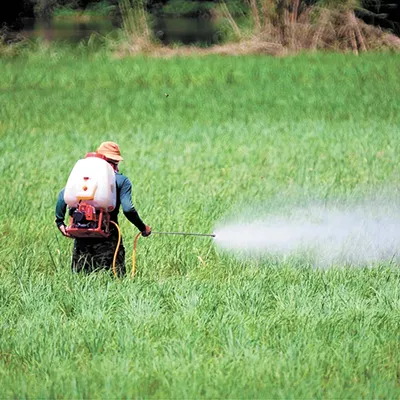After decades of just saying no, the federal government is poised to ignore Nancy Reagan when it comes to cannabis.
The feds might not be willing to say yes when it comes to cannabis, but they're certainly poised to mutter "maybe" when it comes to cannabis, after the latest release from the Department of Health and Human Services. The HHS release, which recommends moving cannabis from Schedule I to Schedule III of the Controlled Substances Act, would dramatically change U.S. drug policy.
Cannabis has been listed on Schedule I of the CSA since 1970. That has put cannabis alongside drugs like heroin and LSD as having no accepted medical use and a high potential for abuse.
Moving cannabis to Schedule III would not only recognize that that definition is horribly wrong, but also recognize that cannabis does have an accepted medical use and is not a drug with a high potential for abuse.
With this release, which says cannabis "meets the findings for control in Schedule III," the Department of Health and Human Services is calling for a federal rescheduling of cannabis from the most-prohibitive Schedule I to the restrictive but not outright-illegal Schedule III.
"Upon consideration of the eight factors determinative of control of a substance... the Food and Drug Administration (FDA) recommends that marijuana be placed in Schedule III of the CSA. The National Institute on Drug Abuse has reviewed the enclosed documents ... and concurs with FDA's recommendation. Marijuana meets the findings for control in Schedule III," the Drug Enforcement Administration's administrator, Anne Milgram, wrote in a recently released document.
Moving cannabis from Schedule I to Schedule III would not legalize the drug, but is rather a soft-launch at legalization. It is effectively a regulated decriminalization of the drug at the federal level while still allowing federal control to play a part.
Should cannabis be moved to Schedule III it would be regulated like drugs such as anabolic steroids or testosterone, drugs with a known medical use and a moderate-to-low risk for abuse, as opposed to where cannabis currently sits as a high-risk, no-reward substance.
Ultimately, it is up to the DEA — or to Congress — to make this move to a lower schedule, but until then this is the single most impactful call for cannabis policy change that has come from within the federal government in decades. ♦



















